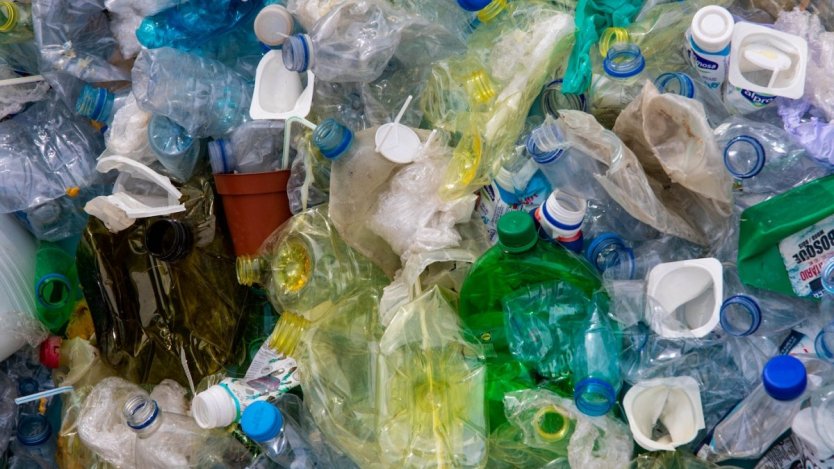It’s been almost two years since the federal government announced that it would begin taking steps to reduce plastic waste in Canada. While the more recent proposed ban on six specific single-use plastics is undoubtedly a positive step, the results of a recent survey commissioned by Oceana Canada indicate that Canadians are still deeply concerned about the future of our oceans and want to do more to ensure their preservation.
Recent studies released this week suggest that Canadians as a whole throw away more than 3 million tons of plastic waste every year–most of which derives from single-use plastics–and only 9 per cent ends up being recycled.
“Canada has an opportunity to lead in the fight to end the global plastic disaster. There is public appetite for stronger federal action,” says Oceana Canada plastic campaigner Ashley Wallis. “Now is the time to meaningfully reduce plastic production and use, including banning more of the unnecessary and harmful single-use plastics that are choking our life-sustaining oceans.”
According to Minister of Environment and Climate Change Jonathan Wilkinson, the government’s proposed ban on single-use checkout bags, straws, stir sticks, six-pack rings, cutlery, and other foodware covers only a fraction of one per cent of the plastic products Canadians use.
Oceana Canada says that only 9 per cent of Canada’s plastic waste is recycled, and a staggering 88 per cent of Canadians polled said they felt surprised, angry, guilty, and/or helpless to learn that the majority of plastic waste is sent to landfills or incinerators.
“We need to use all the tools in our toolbox when it comes to fighting plastic pollution, and yes, that includes recycling – but recycling alone will never be the answer,” Wallis explains. “Our recycling systems can’t handle the volume or complexity of materials on the market today. Meanwhile, plastic production is expected to double by 2035. We urgently need to reduce unnecessary plastic use and banning more harmful plastic products is a great place to start.”
In addition to expanding the ban list to include additional problematic plastics, Oceana Canada is calling on the government to create a science-based methodology to determine which plastics should be banned, require producer responsibility to establish high diversion targets and recycled content requirements, enforce penalties and more.
Canadians can contribute to the campaign to reduce plastic waste by co-signing Oceana Canada's online petition. More information can be obtained via Oceana Canada’s submission to Environment and Climate Change Canada regarding its proposed approach to plastic products as well as its report about Canada’s contribution to the global plastics disaster.













